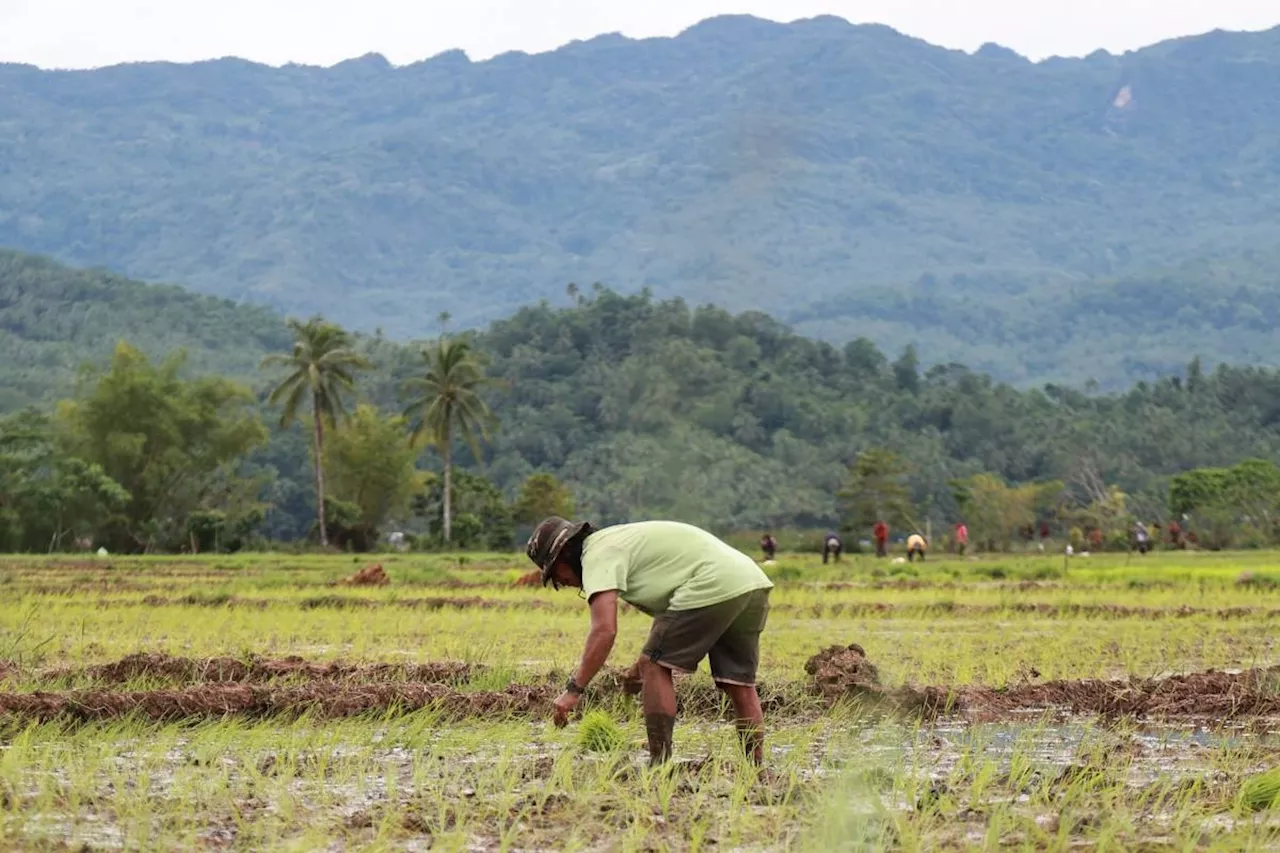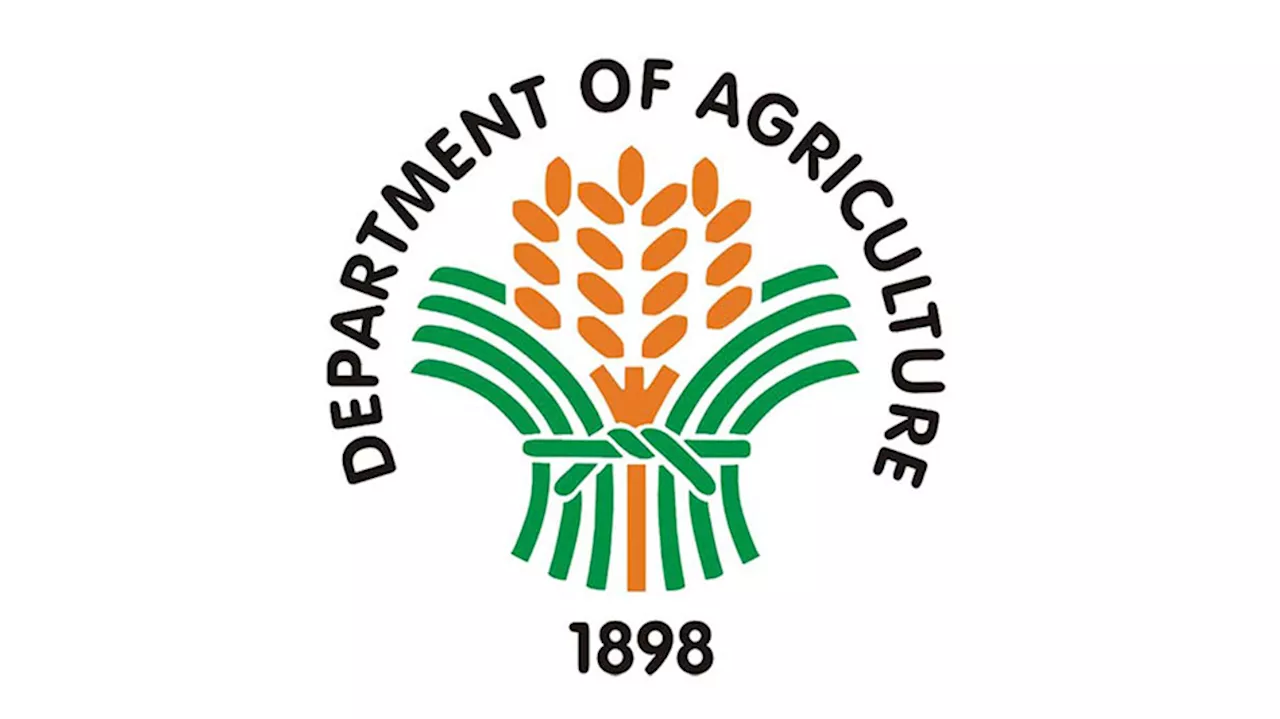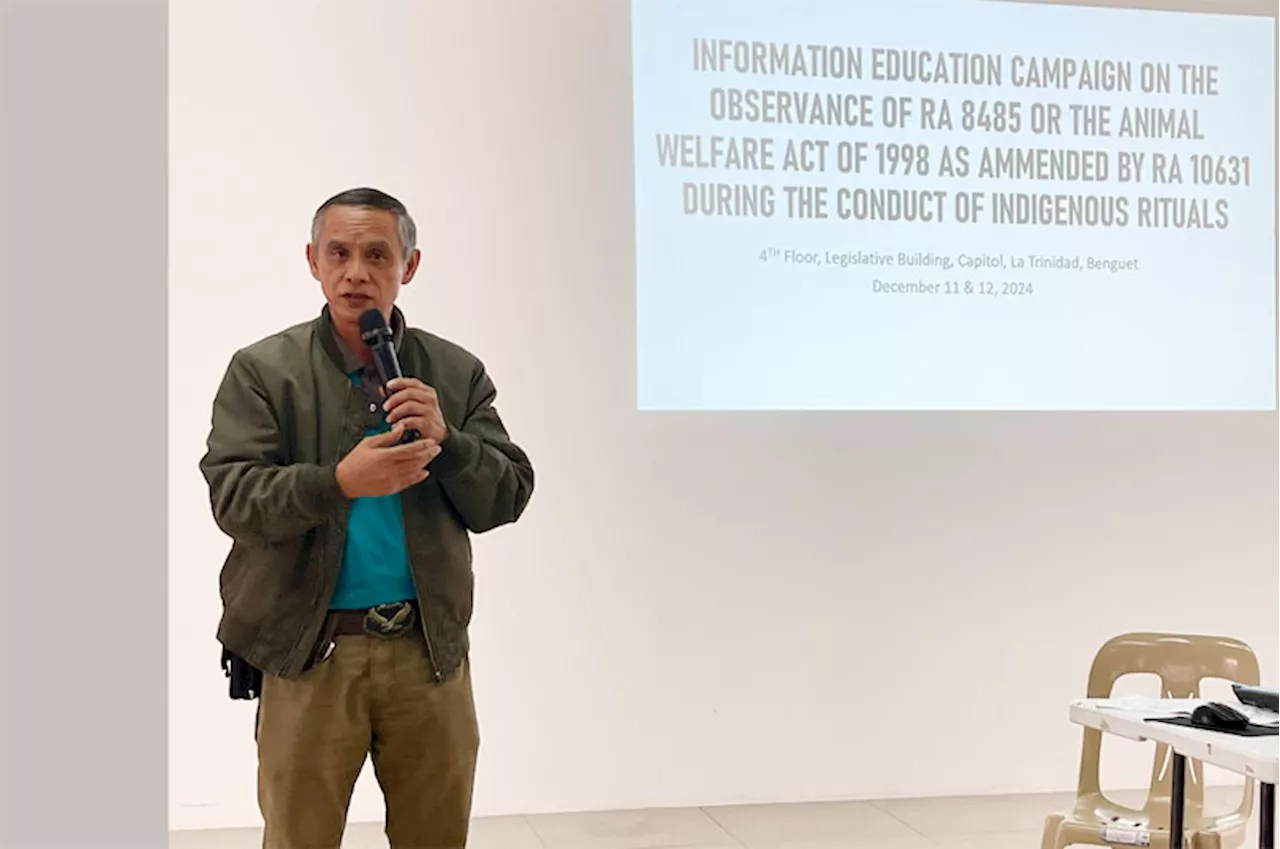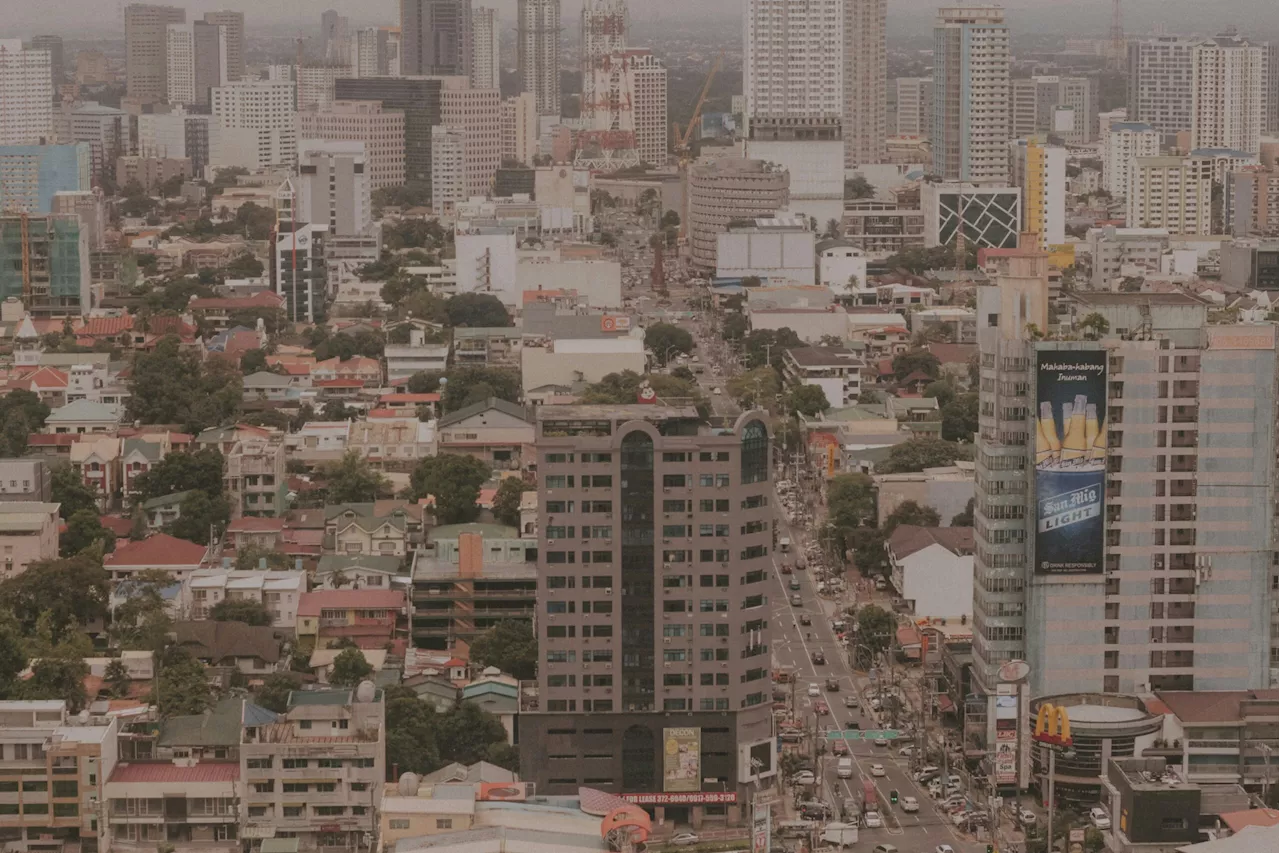Fifteen years after the passage of the Organic Agriculture Act, the Philippines continues to heavily rely on chemical fertilizers despite government efforts to promote organic farming. The Pids paper highlights the challenges faced by farmers in transitioning to organic methods, including high initial investment costs and the limited availability of raw materials. It suggests policy solutions, such as redirecting fertilizer subsidies towards organic options and expanding the use of Participatory Guarantee Systems (PGS).
Nearly 15 years ago, policymakers recognized the drawbacks of relying on imported fertilizers when they approved Republic Act 10068, or the Organic Agriculture Act of 2010. Enacted in April 2010, the law aimed to promote, propagate, develop, and implement organic agriculture practices in the Philippines . The transition to organic farming was intended to enhance soil fertility, boost agricultural productivity, and minimize pollution.
RA 10068 established the National Organic Agricultural Board (NOAB), tasked with creating and executing a comprehensive organic agricultural program. NOAB was directed to continuously devise and implement strategies for producing organic fertilizers and to mitigate the issues of industrial waste and community garbage disposal through proper sorting, collection, and composting methods. Fifteen years after the approval of RA 10068, the Philippines remains heavily reliant on chemical fertilizers, which are not only costly but also pose potential risks to human health. The country continues to import millions of tons of chemical fertilizers, including urea, and farmers endure significant financial burdens to acquire these inputs, hoping for sufficient crop yields to guarantee a decent income. A discussion paper published by the Philippine Institute for Development Studies (Pids) highlighted several obstacles hindering farmers' transition to organic agriculture. The paper, from the government think tank, pointed out that organic methods often require a higher initial investment, a financial constraint for many small-scale farmers. Another limiting factor, the paper noted, is the availability of raw materials, such as animal and plant waste, along with the associated costs of collecting these materials.To overcome these limitations, the Pids discussion paper advocated for a gradual policy shift, including the expansion of Participatory Guarantee Systems (PGS), an affordable, community-based certification system for organic products. The government should also promote organic labeling for packaged goods and encourage retailers to adopt these labels. Regarding the fertilizer subsidies provided by the government to farmers, the Pids paper suggested redirecting these funds towards organic fertilizers and biofertilizers. The promotion and development of organic agriculture has consistently received substantial funding from the national government in recent years — P800 million in 2021, P520 million in 2022, P900 million in 2023, and P921 million in 2024. All these funds were allocated to initiatives aimed at accelerating the shift of Philippine farms towards organic agriculture. However, these initiatives have yet to make substantial progress in transforming our lands into organic farms. As the demand for food continues to rise with the global population expansion, commodities like inorganic fertilizers are projected to become even more expensive in the coming years. Addressing the constraints to organic agriculture adoption is crucial now if the current administration genuinely aims to reduce production costs and make food more affordable, particularly for the Bottom 30 population segment
Environment Policy Organic Agriculture Philippines Chemical Fertilizers RA 10068 PIDS Participatory Guarantee Systems (PGS) Food Security Environmental Sustainability
Philippines Latest News, Philippines Headlines
Similar News:You can also read news stories similar to this one that we have collected from other news sources.
 Cagayan Valley Seeks to Become Organic Agriculture HubThe Department of Agriculture Regional Field Office 2 is leading an initiative to transform Cagayan Valley into a hub for organic agriculture.
Cagayan Valley Seeks to Become Organic Agriculture HubThe Department of Agriculture Regional Field Office 2 is leading an initiative to transform Cagayan Valley into a hub for organic agriculture.
Read more »
 Philippines' Agriculture Output Contracts for Third Straight QuarterThe Philippine Statistics Authority (PSA) reported a 2.2% contraction in agricultural output for the fourth quarter of 2024, marking the third consecutive quarterly decline. This contraction, while narrower than the previous two quarters, is expected to have impacted full-year economic growth, which likely fell short of the government's target of 6.0-6.5%. Crops, livestock, and fisheries all contributed to the decline, although poultry production saw growth.
Philippines' Agriculture Output Contracts for Third Straight QuarterThe Philippine Statistics Authority (PSA) reported a 2.2% contraction in agricultural output for the fourth quarter of 2024, marking the third consecutive quarterly decline. This contraction, while narrower than the previous two quarters, is expected to have impacted full-year economic growth, which likely fell short of the government's target of 6.0-6.5%. Crops, livestock, and fisheries all contributed to the decline, although poultry production saw growth.
Read more »
 Philippines Unveils Vision for Sustainable Agriculture at Global ForumPhilippine Agriculture Secretary Francisco P. Tiu Laurel Jr. outlined the country's vision for a sustainable and inclusive agricultural future at the 17th Global Forum for Food and Agriculture (GFFA) in Berlin. The Philippines is integrating bioeconomy principles into national strategies, focusing on resource efficiency, innovation, and technology-driven solutions to address global agricultural challenges.
Philippines Unveils Vision for Sustainable Agriculture at Global ForumPhilippine Agriculture Secretary Francisco P. Tiu Laurel Jr. outlined the country's vision for a sustainable and inclusive agricultural future at the 17th Global Forum for Food and Agriculture (GFFA) in Berlin. The Philippines is integrating bioeconomy principles into national strategies, focusing on resource efficiency, innovation, and technology-driven solutions to address global agricultural challenges.
Read more »
 Isuzu Philippines Celebrates 25 Years as the Philippines' Top Truck BrandIsuzu Philippines (IPC) has achieved a remarkable milestone, celebrating 25 consecutive years as the leading truck brand in the Philippines. The Japanese automaker has solidified its position through a combination of Japanese engineering expertise and an in-depth understanding of the local market's needs.
Isuzu Philippines Celebrates 25 Years as the Philippines' Top Truck BrandIsuzu Philippines (IPC) has achieved a remarkable milestone, celebrating 25 consecutive years as the leading truck brand in the Philippines. The Japanese automaker has solidified its position through a combination of Japanese engineering expertise and an in-depth understanding of the local market's needs.
Read more »
 Indigenous Rituals and Animal Welfare: A Balancing Act in the PhilippinesThis article explores the complex issue of animal welfare in the context of Indigenous cultural rituals in the Philippines, specifically focusing on the practice of dog slaughter. It highlights the historical and societal context, the concerns raised by animal welfare advocates, and recent efforts to find a balance between respecting cultural traditions and protecting animal rights.
Indigenous Rituals and Animal Welfare: A Balancing Act in the PhilippinesThis article explores the complex issue of animal welfare in the context of Indigenous cultural rituals in the Philippines, specifically focusing on the practice of dog slaughter. It highlights the historical and societal context, the concerns raised by animal welfare advocates, and recent efforts to find a balance between respecting cultural traditions and protecting animal rights.
Read more »
 Philippines Beckons Global Investors with CREATE MORE Act and Booming Digital EconomyFinance Secretary Ralph Recto promotes the Philippines as a prime investment destination, highlighting the CREATE MORE Act's benefits for global investors and the country's robust digital economy.
Philippines Beckons Global Investors with CREATE MORE Act and Booming Digital EconomyFinance Secretary Ralph Recto promotes the Philippines as a prime investment destination, highlighting the CREATE MORE Act's benefits for global investors and the country's robust digital economy.
Read more »
